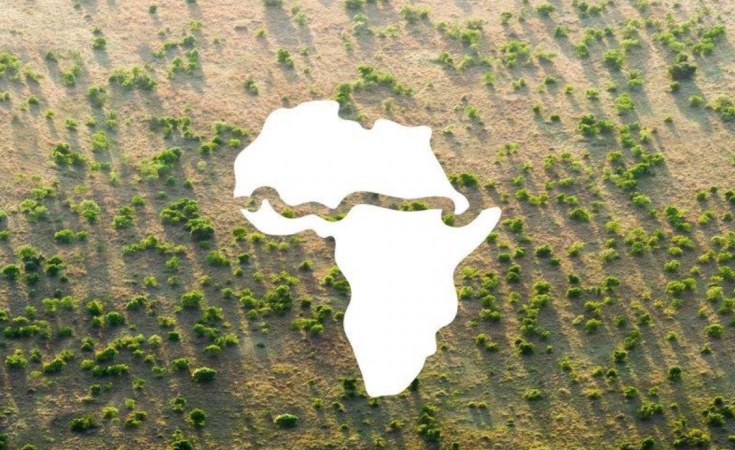TANZANIA is getting closer to have a national strategy and action plan for the implementation of the Great Green Wall initiative aimed at combating climate change, halt desertification and transforming lives of the people.
Government technocrats dealing with environment issues from the Vice-President's Office and the First Vice-President's Office in Zanzibar met with development partners, environment experts and scholars in Dar es Salaam on Thursday on a validation workshop of the National Action Plan for the implementation of the Great Green Wall in Tanzania.
The Great Green Wall, launched in 2007 by the African Union (AU), is a game changing initiative aimed at restoring the continent's degraded landscapes and reversing trends in desertification, climate change, and biodiversity loss through a common set of interventions.
Ever since its launch, the Great Green Wall has been implemented in the Sahara and Sahel regions, and it has recently expanded to the Southern African Development Community (SADC) countries, including Tanzania.
Tanzania's National Action Plan (NAP) was spearheaded by the Environmental matters under the Vice-President Office Department of Environment with assistance from an independent consultant and overall supervision of the Great Green Wall Coordinator and a core team comprising of SADC, United Nation's Food and Agriculture Organisation (FAO), and Africa Union experts.
Tanzania is the third country to develop a NAP this year, thanks to the collaboration between the Environmental Department under the Vice-President's Office team, and the other partners consulted either via virtual exchanges or face to face meeting.
FAO representative in Tanzania, Dr Nyabenyi Tipo said the UN organisation was committed to supporting the Great Green Wall initiative across the continent and in the sub-regions.
"So far, we have supported in the collection of continental scale data in close collaboration with the AU, as well as supporting the Pan African Agency for the Great Green Wall (PA-GGW), regional and national institutions from over 30 countries," she said.
Dr Tipo said between 2018 and 2020, a continental-scale data collection on various parameters related to biophysical environment, agriculture and land use was conducted.
The data collected, such as the percentage of restorable land and potential carbon gross gain, were used to inform investment decisions around land restoration, forest landscape restoration and carbon storage programmes, she said.
Through funding from the Global Environment Facility (GEF-7 DSL IP), FAO is supporting the government of Tanzania in addressing land degradation, deforestation and Forest Degradation in the dry Miombo woodland of Tanzania.
The project is supporting rural community with Good Agriculture Practices (GAP) and development of Honey Value Chain in Kaliua and Mlele landscapes in Tabora and Rukwa regions respectively.
The Director of Environment in the First Vice-President's Office in Zanzibar, Farhat Mbarouk said Tanzania would benefit in capacity building, access to financial resources for implementing projects that focus on sustainable land management and technology that will contribute in efforts to combat drought and desertification.
In addition, other benefits include drought control, natural resource management and the development of rural production systems in agriculture, animal husbandry, and forestry.
She said other benefits would include development of production infrastructure and the development of various economic activities and wealth production considering gender and youth issues in terms of development.


